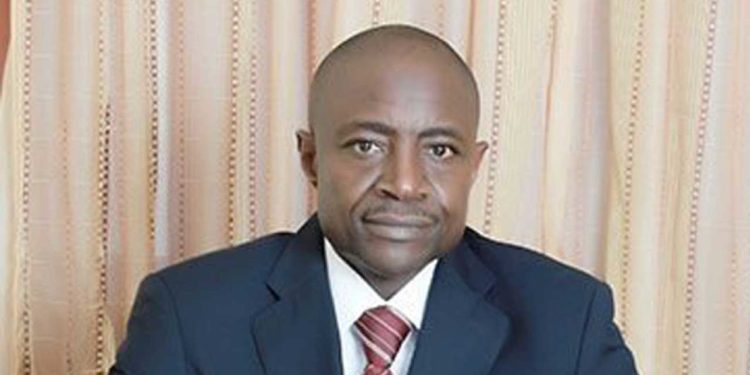By Enyichukwu Enemanna
Authorities in Uganda have placed order for the procurement of laboratory equipment from Nigeria for schools in the country, Nigeria’s executive vice-chairman of the National Agency for Science and Engineering Infrastructure (NASENI), Mohammed Haruna, announced on Friday.
“Just yesterday, we received orders from Uganda. They want a supply of this laboratory equipment from us. That is a revenue source for the government.
“Cameroon and Cote d’Ivoire are also patronising these products. Payment for this goes directly into the consolidated revenue account. So, those are some of our revenue-generating activities”, he told reporters at State House after a meeting with President Muhammadu Buhari.
Mr. Haruna hinted the president on the activities of the agency where he stated that the manufacturing of science kits and other such ventures have been generating revenue for Nigeria.
“Yes, we are generating revenue. Our solar manufacturing plant is a limited liability company of the government. That is revenue for the government,” he said.
“Other activities are the production of laboratory equipment for secondary schools and tertiary institutions” he added.
He also said the agency is working to establish a world-class transformer production plant in Nigeria in collaboration with China Great Wall Industry Corporation (CGWIC).
The agreement on the transformer had been announced in 2020. The NASENI boss said the establishment of the plant in the country was delayed by the COVID pandemic, adding that the president “is anxious to see the output of this product, its impact on the availability of power, because our power supply will never be stable until we produce some components locally, including transformers”.
He said the federal government will complete payment of the 15 percent counterpart funding of the China Great Wall Corporation by the second quarter of 2023.
Mr. Haruna also said the plant, when established, would produce between 6.5 and 10 megawatts transformers of all sizes with different capacities to meet local demands.




































